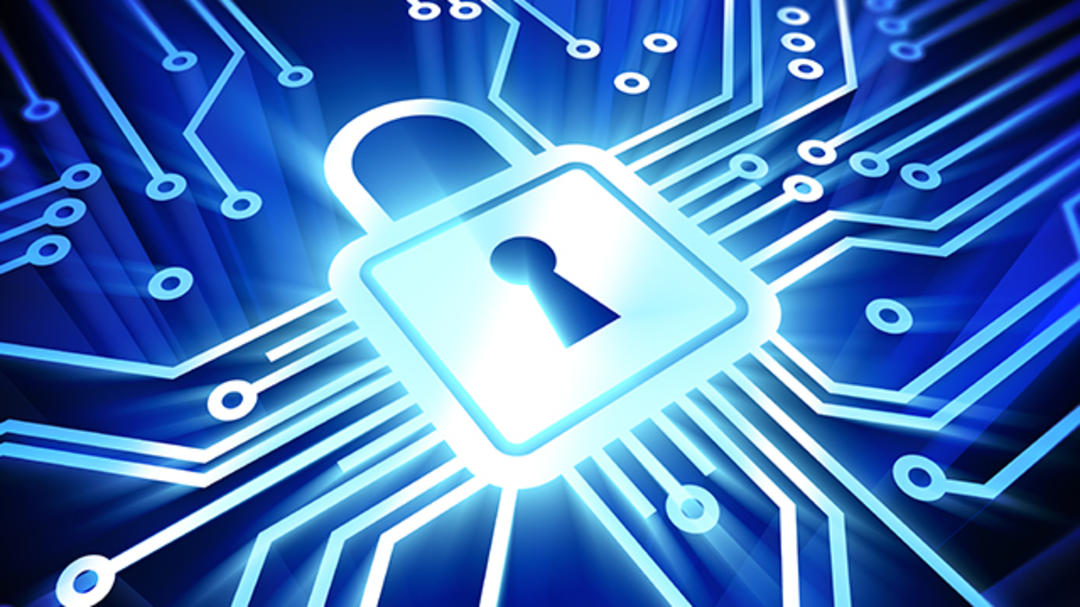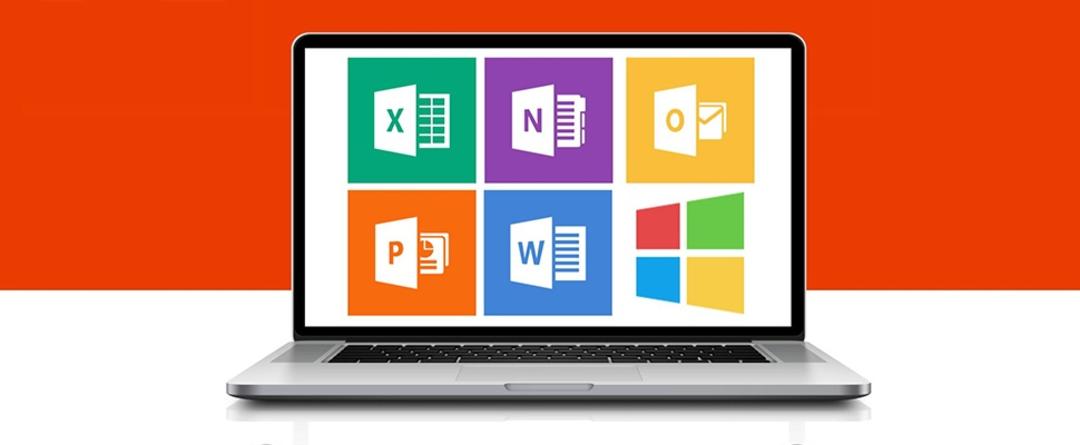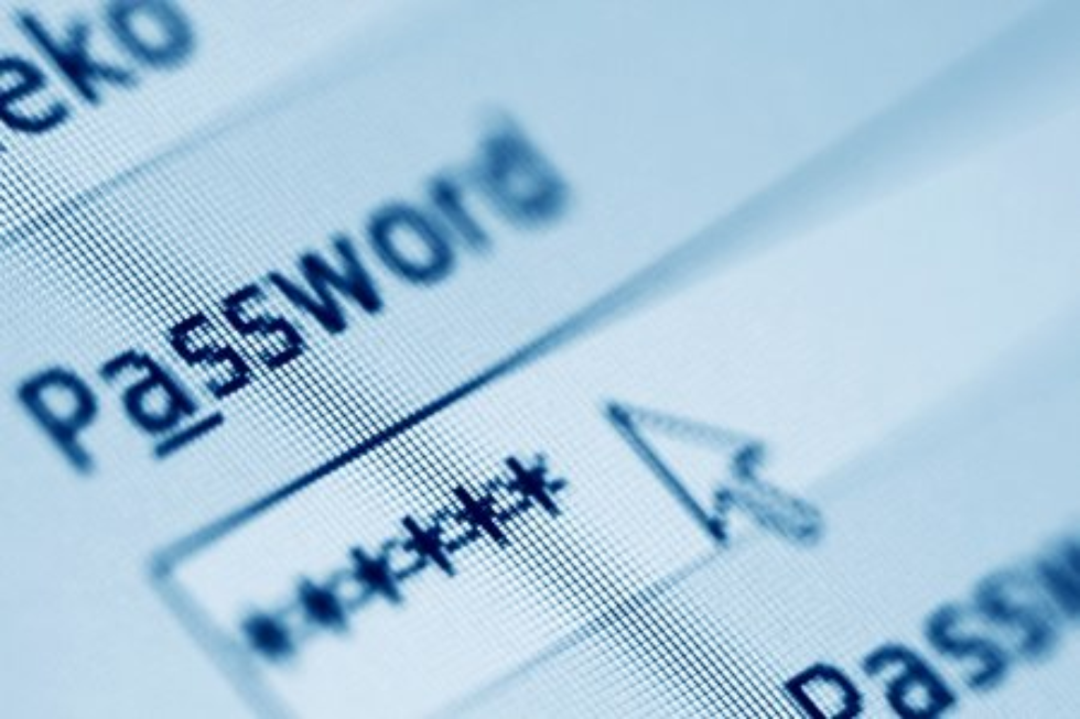Malware on your computer is no fun. Sometimes it slows down your system and makes it cumbersome, in extreme cases you can no longer access your files. It could also be that your computer is old or has other problems. So how do you know if you’re suffering from malware?
Even if you regularly scan your computer for malware and viruses, the malware can still run intact. There are situations that can be imagined when such software passes your security. Zero-day, vulnerabilities, as yet unknown or yet unknown to manufacturers, often gain access to your system through a backdoor. You can tell if your system is affected by malware (possibly because of this) from the general signals.
Malware signals
For example, you may suddenly see ads and pop-ups all over your system. This is less common now than in the past, but it’s still a clear sign that something is up. Of course, you should not click on anything, especially if you suddenly see ads on your desktop or inside programs that normally do not contain ads.
In parallel, you may find that a newly installed antivirus program suddenly aggressively sends frequent notifications. In almost all cases, it’s related to installed software that got into your system in a devious way. Probably because you pressed a wrong download button somewhere or because you installed something containing this program.
Such programs display many notifications, hoping you can use them to scan your computer. Of course, there will be problems that you can solve for a payment.
Also, there is the so-called ransomware. This is malware that puts your files behind a paywall. In this case, you can only access your own data if you pay large sums of money to the creators of the malware. You can recognize these messages from two things. Sometimes, because the “FBI” discovers that your computer is part of a network that spreads spam or porn; but more often than not, creators say they’re holding your files hostage, and you won’t see them until you pay.

Browsers and social media
Your browser can also play a role in how the malware does its job. If you suddenly find that you’ve been redirected to sites other than the ones you clicked on or went directly to, you should pay attention. Sometimes this goes unnoticed because websites are copied correctly. So pay attention to the url (website address) and check if you are visiting the correct site. These types of problems are often caused by fake browser extensions. Check your browser extensions carefully if you find that you’re on the wrong sites that often seem malicious.
It is also possible that you will suddenly encounter strange messages on social media. Sometimes on a friend’s or family member’s profile, sometimes on your own profile. Such a message then contains a message that tries to persuade you to click on a link. When you click on such a link, the malware could potentially spread to other systems.
Can you solve it yourself?
In any case, when you try to do something about the malware, you may not be able to. Because in most cases, rogue programs prevent you from accessing certain or important system components that can help you fix the problem.
For example, Task Manager or Registry Editor is no longer available. In the worst case, you won’t notice the malware; your PC then waits silently until it receives a signal from the makers, for example, to perform an attack or lock something. Worse still, there is spyware on your computer that regularly sends personal data without you noticing that your computer is slow or bulky. Regularly scanning for viruses can help, but it never provides complete certainty.
Source: Computer Totaal













